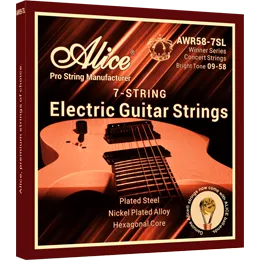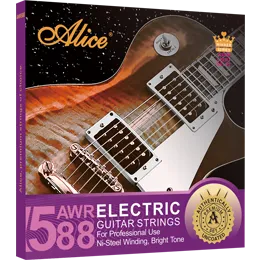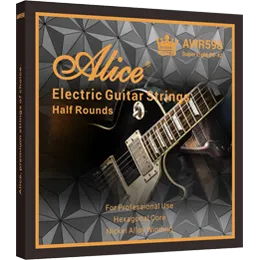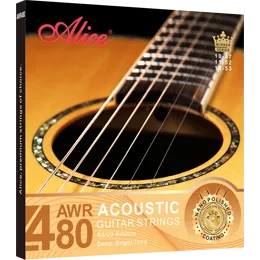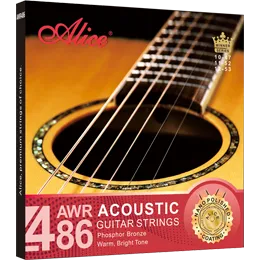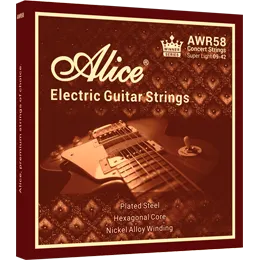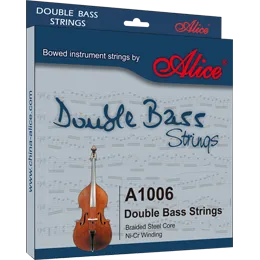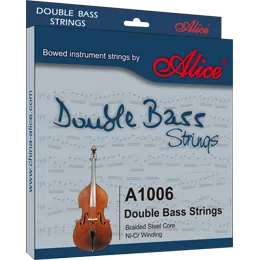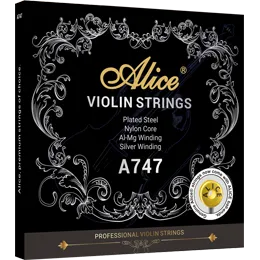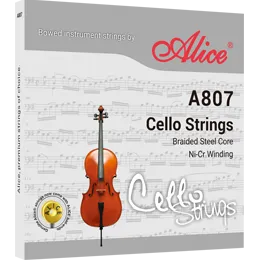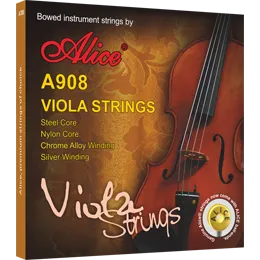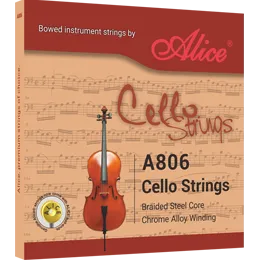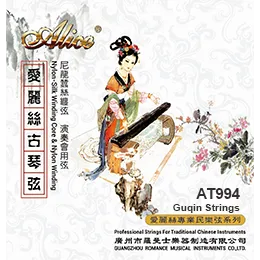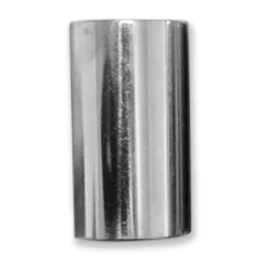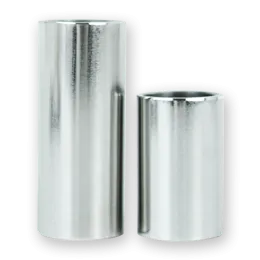Acoustic Guitar Strings Guide: Types and How to Choose the Right One
When it comes to playing acoustic guitar, one of the most important yet often overlooked choices you’ll make is what kind of guitar strings to use. While the guitar’s body and tonewood play a significant role in shaping your sound, your strings are the direct connection between your fingers and your music. They determine tone, feel, playability, and even how long your instrument stays in tune.
So how do you choose the right set of acoustic guitar strings?

1. Types of Acoustic Guitar Strings
There are two main categories of strings for acoustic guitars:
Steel Strings
Steel strings are the most common on modern acoustic guitars. They produce a bright, powerful, and resonant tone, making them ideal for genres like folk, rock, country, pop, and blues. Most “standard” acoustic guitars come strung with steel strings by default.
Steel strings are further divided by the materials used in their windings, which affect tone and feel (we’ll cover those shortly).
Nylon Strings
Nylon strings are typically used on classical guitars and are common in classical, flamenco, and Latin music. They offer a softer feel, mellow tone, and lower tension, making them easier on the fingers—especially for beginners.
Important note: Steel and nylon strings are not interchangeable. Guitars built for nylon strings cannot handle the tension of steel strings, and vice versa.
2. String Material: What It Means for Your Tone
Different string materials produce different tones and playing experiences. Here are the most common materials for steel-string acoustic guitars:
80/20 Bronze
Made from 80% copper and 20% zinc, 80/20 bronze strings offer a bright, crisp tone with plenty of clarity. They're popular for strumming and fingerpicking, and work well in live settings where you need your guitar to cut through the mix.
Best for: Bright acoustic tones, singer-songwriters, folk.
Phosphor Bronze
These strings are bronze-based but include a small amount of phosphor, which makes them more durable and adds warmth to the tone. Phosphor bronze strings are known for their balanced sound and longer lifespan.
Best for: Warm, rich tone; fingerstyle players; recording artists.
Silk and Steel
These hybrid strings have steel cores but are wrapped in silk and other soft materials. They offer a softer feel and a mellow tone, ideal for vintage or folk players seeking a more delicate sound.
Best for: Gentle fingerpicking, vintage tones, players with sensitive fingers.
Coated Strings
Coated strings have a polymer layer that protects them from sweat, dirt, and oxidation. They last significantly longer than uncoated strings and maintain tone well over time, though some players feel they lack the brightness or "feel" of non-coated versions.
Best for: Players who don’t change strings often, live performers, humid climates.
3. String Gauge: Light, Medium, or Heavy?
The gauge of a string refers to its thickness, usually measured in thousandths of an inch. Here’s a quick breakdown:
Extra Light (e.g., .010–.047)
Very easy to play
Great for beginners or smaller hands
Less volume and tone body
Light (e.g., .012–.053)
Balanced playability and tone
Suitable for most players and styles
Medium (e.g., .013–.056)
More volume and sustain
Harder to play, especially for beginners
Ideal for heavy strumming and flatpicking
Heavy (e.g., .014 and up)
Very powerful tone and projection
Requires strong fingers and well-built guitar
Not commonly used unless for specific tone needs
Tip: Always check your guitar’s manufacturer specs before switching to a much heavier gauge, as this can damage the neck or bridge if the guitar isn't built to handle the tension.
4. How to Choose the Right Strings for You
Choosing the right acoustic strings depends on your playing style, genre, skill level, and personal preferences.
Ask yourself:
Do you strum or fingerpick more?
Are you looking for brightness or warmth in tone?
Do you prioritize comfort or volume and power?
How often are you willing to change strings?
Beginner?
Go for light gauge phosphor bronze. They're easy to play and sound balanced.
Singer-songwriter?
Try 80/20 bronze for clear, articulate chords that complement vocals.
Fingerstyle player?
Choose silk and steel or light gauge phosphor bronze for a softer, more expressive feel.
Heavy strummer?
Use medium gauge 80/20 bronze for volume and durability.
Low maintenance?
Consider coated phosphor bronze strings for long-lasting tone.
5. When to Change Your Strings
Even the best strings wear out over time. If your guitar sounds dull, feels harder to play, or you see visible corrosion, it’s time to change your strings.
On average:
Frequent players: every 4–6 weeks
Occasional players: every 3 months
Coated strings may last longer—up to 6 months
Final Thoughts
Your acoustic guitar strings are more than just metal wires—they’re the soul of your sound. Whether you’re a beginner, a weekend performer, or a seasoned musician, choosing the right type of string will improve your tone, enhance playability, and inspire creativity.
Experiment with different materials and gauges to find your perfect match. Once you understand the basics, you’ll be able to tailor your string choice to suit your instrument and your style—just like picking the right words for a melody.
And when you're ready to choose your next set, consider Alice Acoustic Guitar Strings—crafted for clarity, built to last, and trusted by guitarists around the world. Whether you're strumming under the stars or recording in the studio, Alice brings your music to life.
Relate News
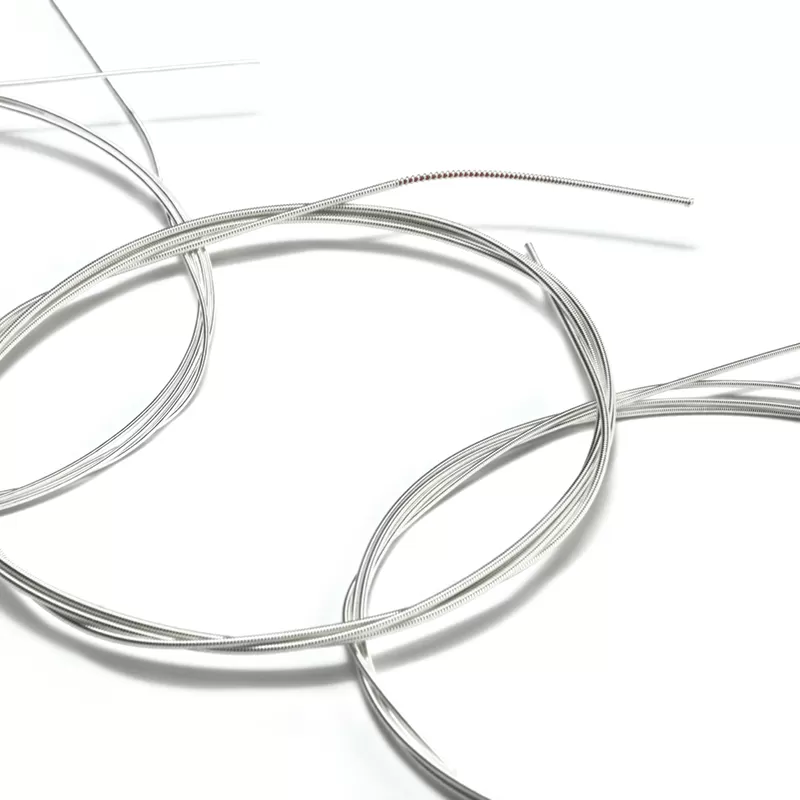

2026 Guitar Strings Market Trends: What Distributors Should Know
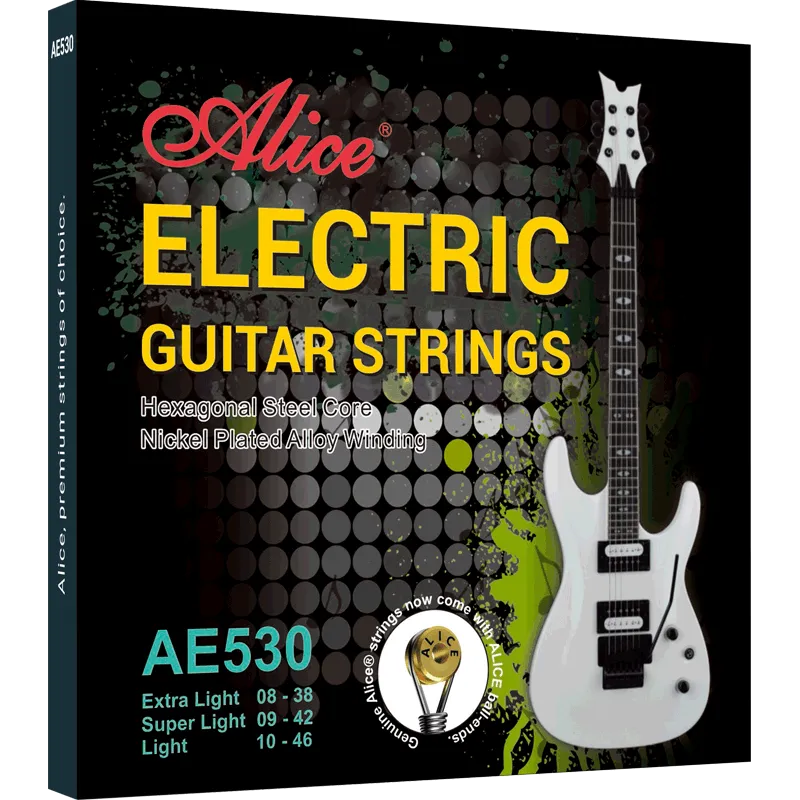
Electric Guitar Strings Explained: Gauge, Material, Tone
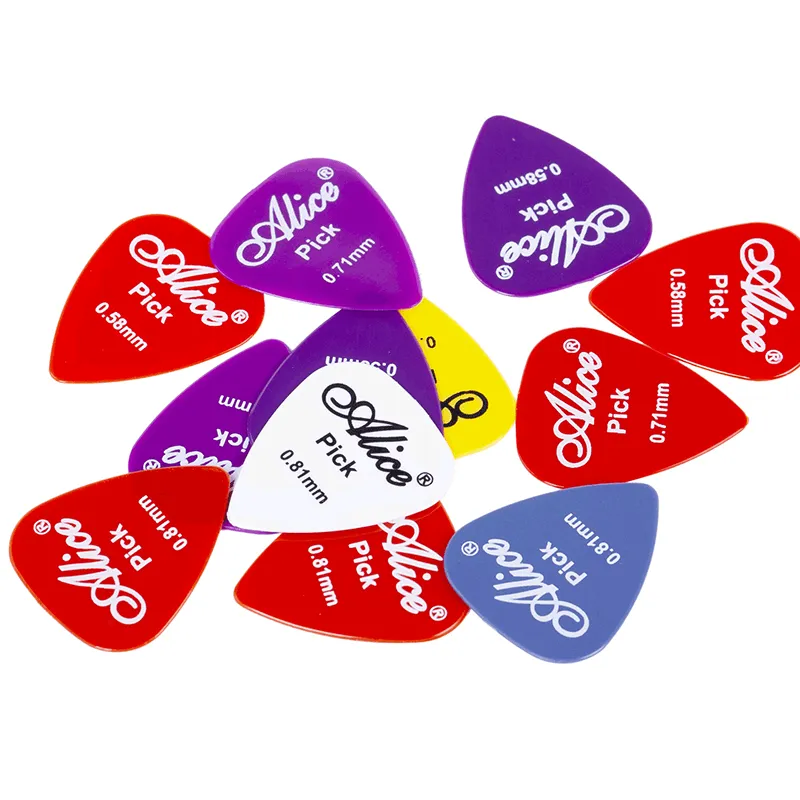
What Type of Guitar Pick Is Best?

Are Acoustic and Classical Guitar Strings the Same?

From Classic Rock to Modern Indie: The Evolution of Guitar String Trends

What Strings Fit Your Instrument? The Ultimate Guitar String Matching Guide

What Are the Different Types of Guitar Strings?
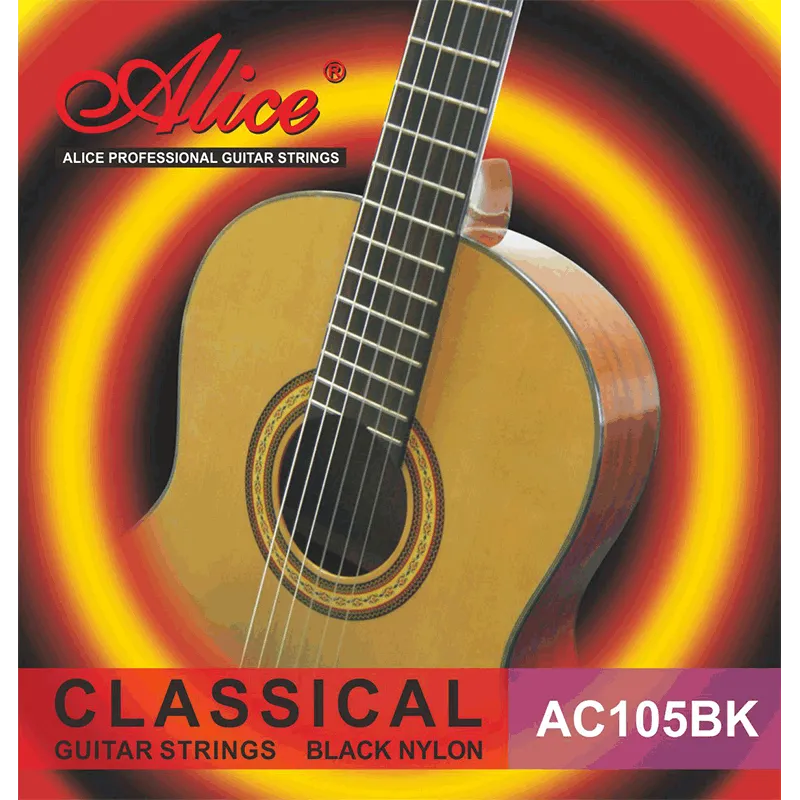
Wholesale Guitar String Purchasing: A Practical Guide for Retailers and Distributors
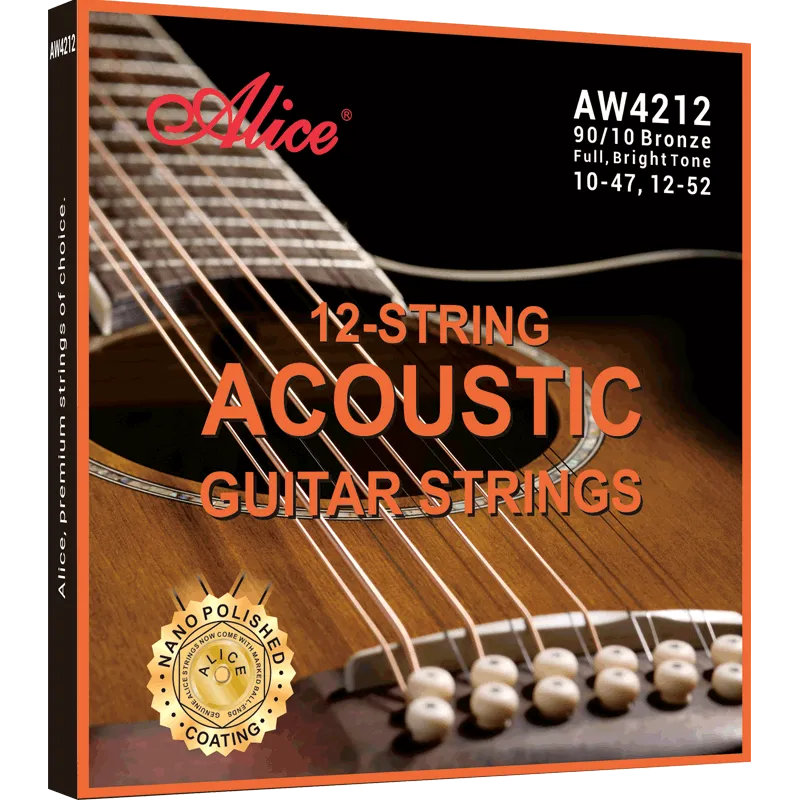
How to Choose the Right Guitar String Models for Export Markets

From Factory to Store: Guitar String Supply Chain Trends



